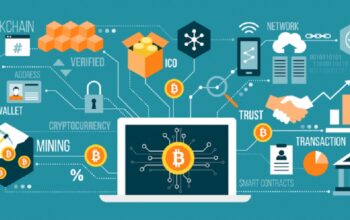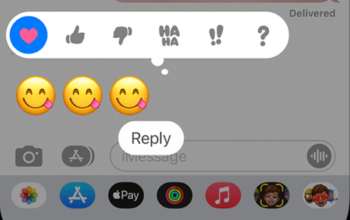In today’s connected world, accessing the internet has become a necessity, and public Wi-Fi networks are a common way to stay connected on the go. While public Wi-Fi offers convenience, it also poses significant risks to your privacy and security, and you should avoid playing games from any new real money casinos to enjoy seamless gaming experience. In this article, we will explore the reasons why you should avoid public Wi-Fi networks and adopt safer alternatives to protect your sensitive information.
Data Security
One of the primary concerns when using public Wi-Fi is the lack of encryption and security measures. Public networks are often unsecured, which means that any data transmitted over these networks can be intercepted by hackers. This puts your personal and financial information at risk, including passwords, credit card details, and sensitive documents. Without proper encryption, your data is vulnerable to unauthorized access. It is always advised to use a private to carry out gaming activities from jokaroom casino and other video games.
Man-in-the-Middle Attacks
Public Wi-Fi networks provide fertile ground for cybercriminals to carry out man-in-the-middle (MITM) attacks. In this type of attack, hackers position themselves between you and the Wi-Fi network, intercepting the data you send and receive. They can capture your login credentials, hijack your online accounts, and even redirect you to malicious websites that appear legitimate. MITM attacks can lead to identity theft, financial loss, and other serious consequences.
Malware and Hacking Risks
Public Wi-Fi networks are a hotbed for malware and hacking activities. Cybercriminals can create fake Wi-Fi networks, often with names similar to legitimate ones, to lure unsuspecting users. Once connected, they can inject malware into your devices, compromising your privacy and potentially gaining control over your device. Malware can lead to data loss, unauthorized access, and even ransomware attacks, where hackers hold your files, hostage until you pay a ransom.
Snooping and Eavesdropping
Public Wi-Fi networks are typically open, meaning that anyone within range can access them. This creates an environment where cybercriminals and even casual eavesdroppers can monitor your online activities. They can capture sensitive information transmitted over the network, such as emails, instant messages, and browsing history. This intrusion into your privacy can have severe consequences, especially if you handle confidential work-related information or engage in online banking.
Lack of Network Control
When connecting to public Wi-Fi networks, you have no control over the security practices implemented by the network provider. They may not have proper security protocols in place, leaving you vulnerable to various attacks. Additionally, other users on the same network can inadvertently introduce risks by having infected devices or engaging in malicious activities. The lack of control and oversight makes public Wi-Fi networks inherently risky.
Conclusion
While public Wi-Fi networks offer convenience and accessibility, the risks they pose to your privacy and security are significant. To protect your sensitive information and mitigate the threats associated with public Wi-Fi, it’s advisable to avoid connecting to these networks whenever possible. Instead, consider using your mobile data plan or setting up a personal mobile hotspot for secure internet access. If you must use public Wi-Fi, take precautions such as using a virtual private network (VPN), ensuring you are connecting to legitimate networks, and refraining from accessing sensitive information or making online transactions. By prioritizing your online safety, you can safeguard your personal information and enjoy a more secure online experience.







